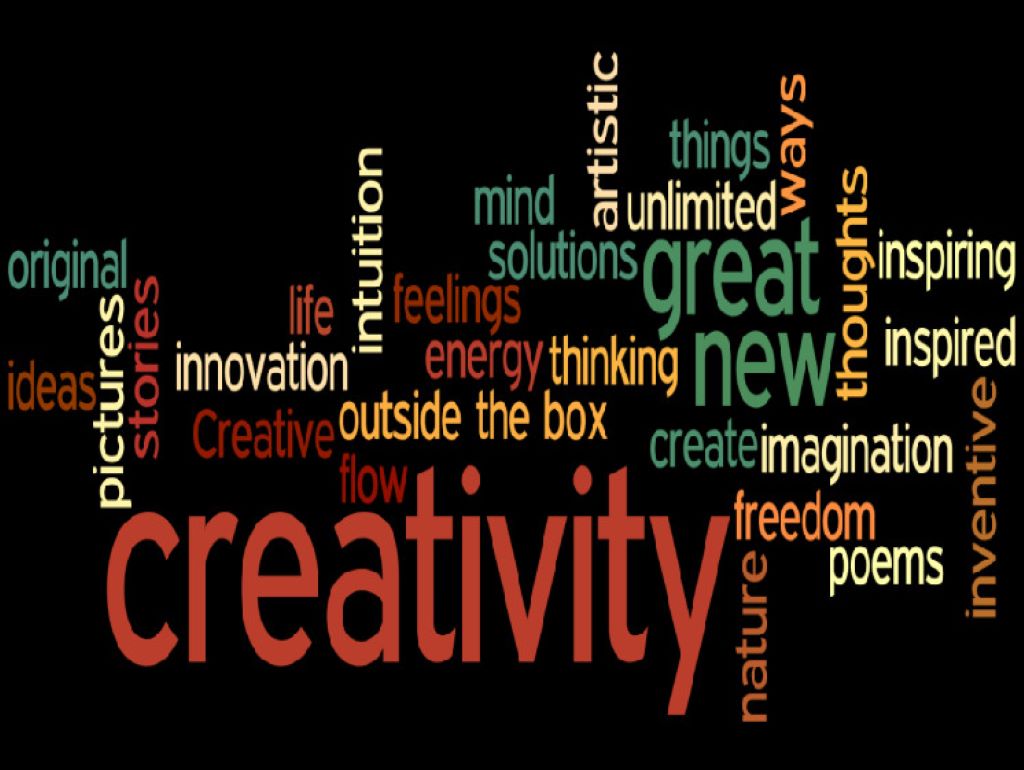In today’s rapidly evolving world, creativity has emerged as a key driver of success across various fields. Whether you’re a business professional, an educator, an artist, or even an engineer, embracing creative approaches can have a profound impact on your outcomes. But why exactly are creative approaches so important? Let’s delve into this question and explore the numerous reasons behind the growing emphasis on creativity. This article is managed by Localadvertisingjournal.com.
Understanding Creative Approaches
Creativity entails approaching problems and tasks from unconventional angles. It encourages the exploration of diverse viewpoints, the incorporation of out-of-the-box thinking, and the willingness to take risks.
Fostering Innovation Through Creativity
Innovation is the cornerstone of progress, and creativity is its catalyst. Creative thinking paves the way for new inventions, technological advancements, and novel methodologies that drive industries forward.

Problem-Solving with a Creative Twist
Creative approaches empower individuals to tackle problems creatively. By sidestepping conventional solutions, innovative ideas emerge, leading to more effective and creative approach.
Enhancing Learning and Education
Education is no longer confined to rote learning. Creative teaching methods engage students’ minds, making learning enjoyable, fostering curiosity, and ensuring better retention of knowledge.
Boosting Business and Marketing Strategies
In the competitive business landscape, creativity sets companies apart. Creative branding, marketing campaigns, and product development captivate audiences and foster lasting customer relationships.
The Role of Creativity in Personal Development
Creativity is not limited to professional spheres; it also plays a pivotal role in personal growth. Exploring creative outlets enhances self-expression, self-confidence, and overall well-being.
Overcoming Challenges and Embracing Change
Creativity equips individuals with the flexibility to adapt to change and navigate challenges smoothly. Creative thinkers find opportunities in adversity and explore uncharted territories.
Collaboration and Teamwork Amplified
Teams comprising diverse creative thinkers bring together a rich tapestry of ideas and viewpoints. Collaboration in such an environment fuels innovation and leads to holistic solutions.
The Psychology of Creativity
Understanding the psychology of creativity reveals how the brain processes information, connects seemingly unrelated concepts, and arrives at groundbreaking ideas.
Cultivating Creativity in Daily Life
Incorporating creativity into daily routines enhances problem-solving skills and keeps the mind agile. Simple practices like journaling, brainstorming, and trying new experiences stimulate creativity.
Encouraging Creativity in the Digital Age
The digital era offers tools and platforms that amplify creativity. From content creation to virtual art galleries, technology provides limitless avenues for creative expression.
Balancing Structure and Creativity
While creativity is celebrated, a balance with structure is essential. Structure provides a framework for creative ideas to flourish effectively, resulting in tangible outcomes.
Breaking Barriers and Challenging Norms
Creative individuals challenge societal norms, question the status quo, and envision new possibilities. This disrupts stagnation and pushes society to evolve.
Conclusion
In a world that demands constant evolution and innovation, creative approaches, like crafting ziplines in Grounded, have become the cornerstone of progress. Embracing creativity fosters innovation, enhances problem-solving skills, and enriches personal and professional lives. By valuing and nurturing creativity, we pave the way for a brighter and more imaginative future.
Frequently Asked Questions (FAQs)
Q1: How can I develop my creative thinking skills?
A: Engage in activities that challenge your usual thinking patterns, explore different art forms, and seek inspiration from diverse sources.
Q2: Can creativity be learned, or is it innate?
A: While some individuals might have a natural inclination, creativity can definitely be nurtured and developed through practice and exposure to new ideas.
Q3: What industries benefit the most from creative approaches?
A: Every industry can benefit from creativity, but fields like design, advertising, technology, and entertainment particularly thrive on innovative thinking.
Q4: How does creativity impact mental health?
A: Engaging in creative activities has been shown to reduce stress, anxiety, and depression while promoting a sense of accomplishment and satisfaction.
Q5: What role does curiosity play in creativity?
A: Curiosity is the driving force behind creativity. It pushes us to ask questions, explore the unknown, and seek novel solutions to various challenges.




